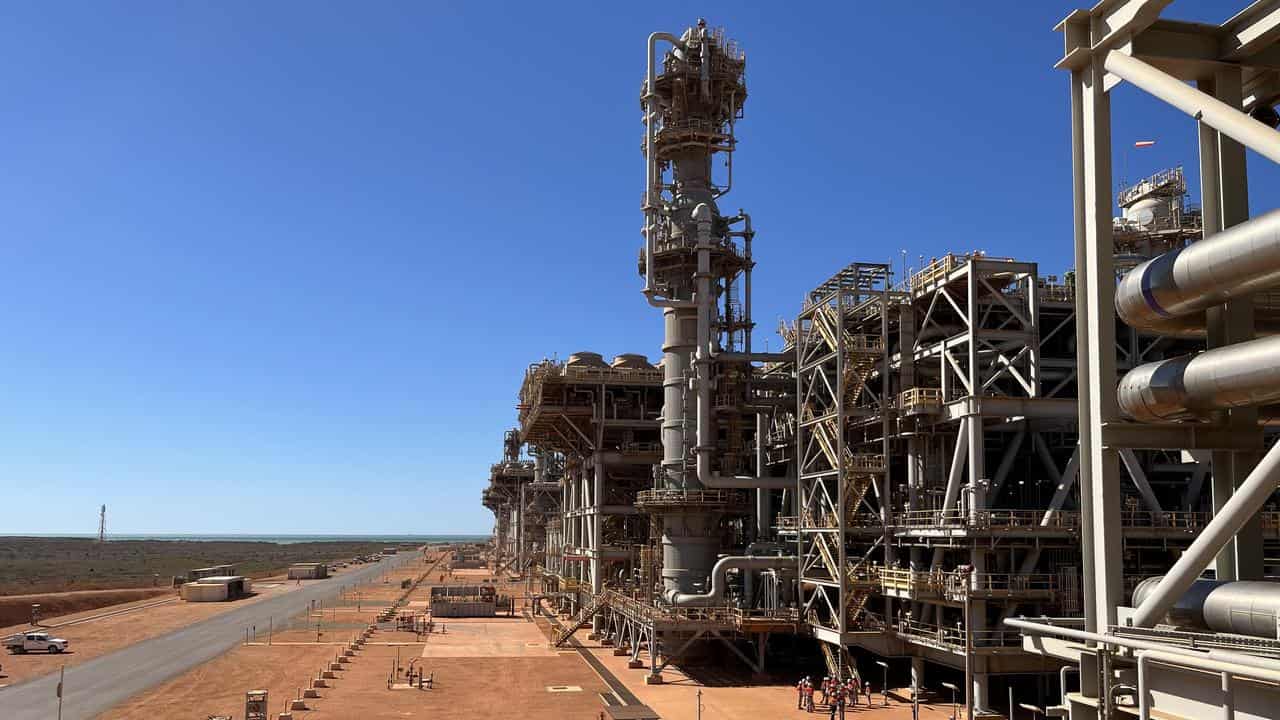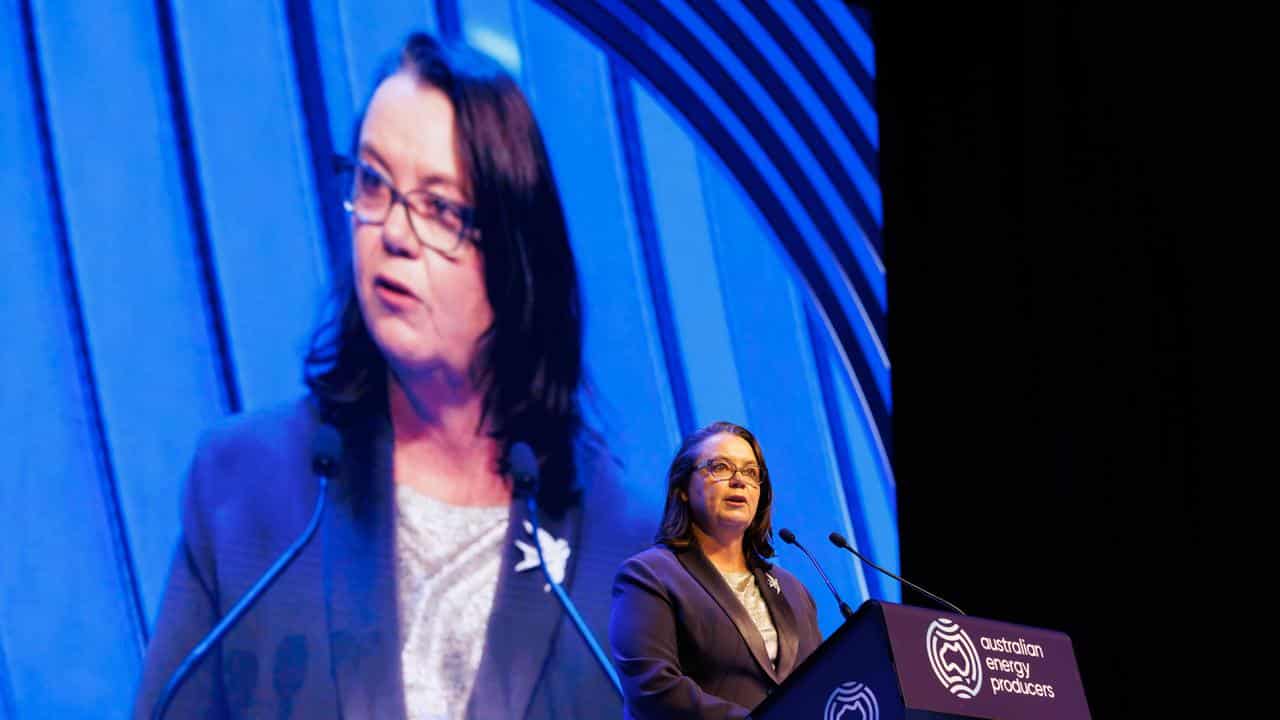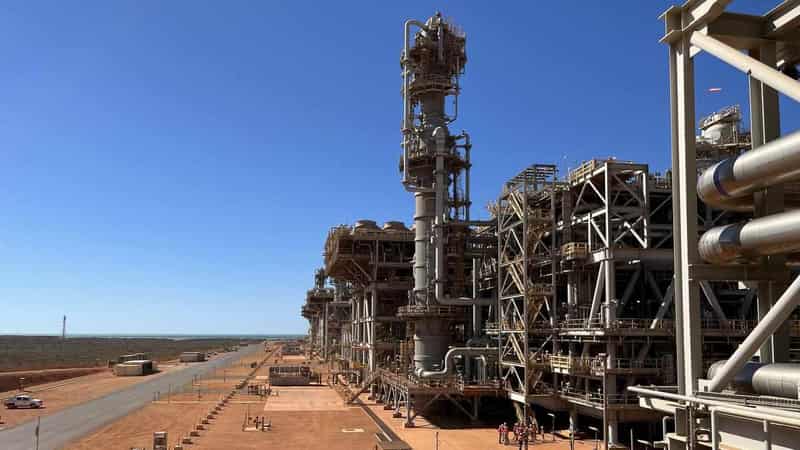
Progress on carbon capture has been "disappointing" but is vital for the future of gas and industry in Australia, the federal government says.
The oil and gas industry was told it could "go the way of the dinosaurs" by WA Energy Minister Reece Whitby at a conference in Perth on Tuesday, if it continued to freely vent greenhouse emissions into the atmosphere.
The federal government and WA, the only Australian state without a 2030 emissions reduction target, say carbon capture, utilisation and storage (CCUS) has a critical role to play in the transition to net zero by 2050.
Federal Resources Minister Madeleine King said there was no other credible way to reach net zero, without denying households energy or causing the collapse of Australian manufacturing and industry.
The recently released Future Gas Strategy locks in the energy source to 2050 and beyond, with CCUS to reduce the nation's carbon footprint while still selling gas to the world.
Meanwhile a so-called safeguard mechanism will require steeper cuts in producers' emissions every year to ensure Australia gets to net zero.
"It's fair to say the gas industry is not entirely happy with that, but we have worked through issues because we simply must," Ms King said.
"As everyone in this room is keenly aware, ensuring the domestic market remains well supplied is integral to the social licence of this industry," she said.
But new sources of gas will be needed to meet demand during the energy transition, according to chair of the Australian Energy Producers organisation and Woodside Energy boss Meg O’Neill.
"Without action, the east coast of Australia faces projected shortfalls by 2028 and the west coast by 2030," she said.
Market volatility could increase and drive up prices for households and businesses already battling inflation and other cost-of-living pressures.
But Ms O'Neill welcomed a national gas strategy that was based on "facts and data, not ideology and wishful thinking".
"Ensuring our industry can continue to supply safe, reliable and affordable energy is not just in our industry’s interest - it is in the national interest ... it is a good and noble cause," she said.
Environmentalists want Ms King to resign over the national gas strategy, accusing the federal government of "intentional deception" by justifying the expansion of gas with "offsetting and carbon pollution dumping".
Yet the Moomba CCS project in South Australia, set up by Santos and Beach Energy, aims to store 20 million tonnes of carbon dioxide per year.
Chevron Australia already captures carbon at its LNG operations beneath Barrow Island in Western Australia to bring down its overall carbon footprint, but not as much as originally promised.
But rates of carbon storage by the Gorgon project are only about one third of where Chevron would like them to be, and not the promised four million tonnes a year.

Ms King said progress on carbon capture had been disappointing, but she was "optimistic for the prospects for CCS in Australia".
"There's no reason to abandon the potential of a technology that is needed to help to get us to net zero - just imagine if we talked about hydrogen that way," she said.
Australia also plans to ship in carbon emissions from trading partners and pump it deep under the sea floor.
The 2024/25 federal budget allocated $32.6 million over four years to establish regulations and bilateral agreements for future carbon management services to the Asia-Pacific region.
International carbon transfer services from Korea, Japan and Singapore could make Australia a carbon storage hub.
The reporter travelled with the support of Chevron Australia.









